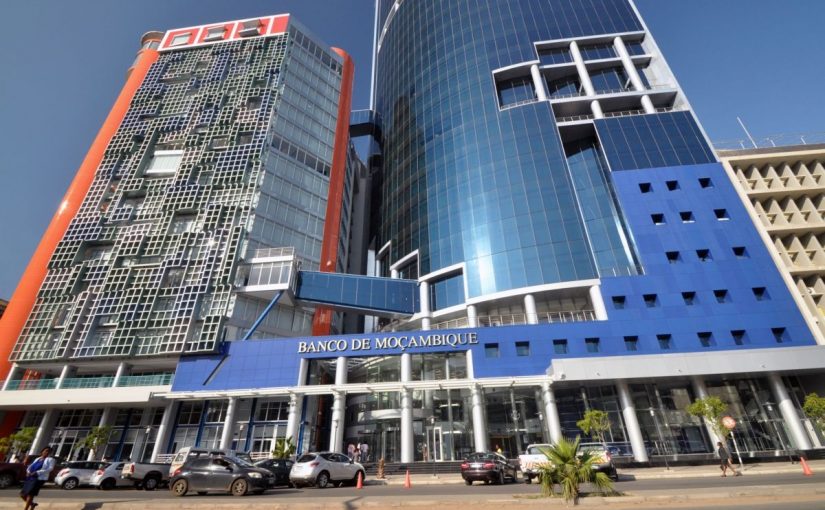Mozambique: International reserves increase again in April
Mozambique: Financial Inclusion Index fell in 2021

File photo: Lusa
The Financial Inclusion Index calculated by the Bank of Mozambique fell by 1.2 points in 2021, due to a fall in the number of places where financial services can be accessed and the retraction caused by Covid-19, according to the report consulted by Lusa today.
“The global Financial Inclusion Index (IIF) calculated by the central bank stood at 12.76 points in 2021, against the 13.93 points recorded in 2020,” the Bank of Mozambique document reads.
“This drop results, fundamentally, from the reduction of access points (bank branches, micro-banks and credit cooperatives, bank agents, vending machines and points of sale), with a special focus on the city of Maputo,” it explains.
The fall also results “from the retraction of economic activity over the period under review (Covid-19 effect)”, the document adds.
The annual publication is foreseen within the scope of the National Strategy for Financial Inclusion (ENIF).
The strategy’s objective is to “build a financially inclusive society in Mozambique” – where for every thousand adults, there are still only 315 with a bank account. The greatest coverage is provided by mobile wallets: 67% of the adult population has an account with an electronic currency institution, often managed by mobile phone, even in the absence of Internet.
The National Strategy for Financial Inclusion includes 54 actions to be carried out between 2016 and 2022, but only a third have so far been realised, the report acknowledges.
The document considers as a priority the approval of new regulations and licences in the sector (namely in the area of financial technology companies), as well as “the completion of the interoperability of financial services provided by banking institutions through the single national network”.
It also sees as urgent a national diagnosis on financial literacy and “expansion of coverage levels of mobile phone services”.
“Despite the remarkable developments recorded throughout 2021, challenges remain to improve levels of financial inclusion, especially in rural areas,” the report concludes.












Leave a Reply
Be the First to Comment!
You must be logged in to post a comment.
You must be logged in to post a comment.